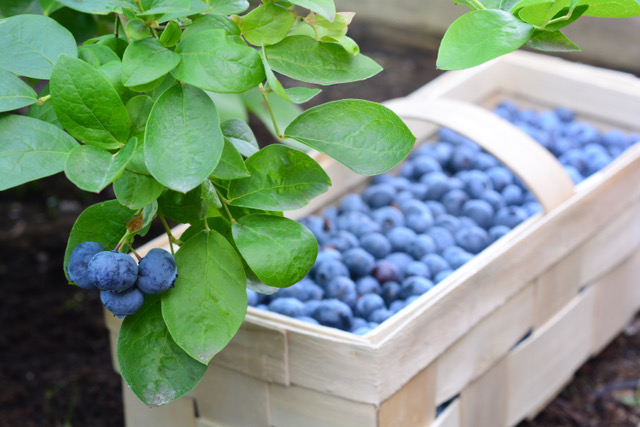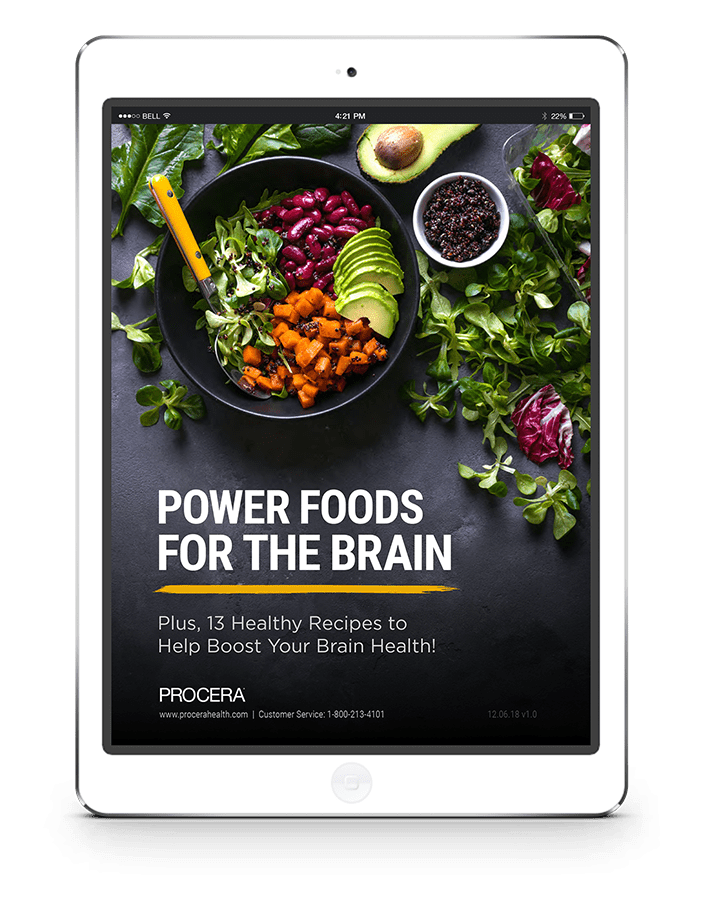
Quercetin: The Super Antioxidant
Quercetin is a potent plant compound that belongs to the flavonoid family, widely known for its diverse health benefits. Found abundantly in fruits, vegetables, and grains, quercetin exhibits powerful antioxidant and anti-inflammatory properties, making it a valuable addition to a healthy diet. With its support of the brain, heart and immune systems, quercetin has garnered significant attention as a natural way to enhance overall well-being.
As a potent antioxidant, quercetin helps safeguards the body against stress and cellular damage. Antioxidants help neutralize harmful molecules known as free radicals, which are generated as by-products of normal cellular processes or as a result of exposure to environmental factors such as pollution, UV radiation, and tobacco smoke.
Key Health Benefits
Powerful Antioxidant Activity: Quercetin acts as a powerful antioxidant, helping to neutralize harmful free radicals in the body. By combating oxidative stress, it protects cells from damage and reduces the risk of chronic diseases associated with aging.
Anti-Inflammatory Properties: Quercetin possesses significant anti-inflammatory effects, which can help alleviate inflammation throughout the body. This anti-inflammatory action may benefit individuals with a number of unwanted health conditions such as joint pain.
Heart Health Support: Quercetin is associated with improved heart health. It promotes healthy blood vessel function, helps reduce blood pressure, and supports healthy cholesterol levels, all of which contribute to cardiovascular well-being.
Immune System Enhancement: Quercetin has been shown to enhance the immune system's response to infections. It may improve the body's ability to defend against pathogens and strengthen overall immune function.
Neuroprotective Effects: Quercetin's antioxidant and anti-inflammatory properties have potential neuroprotective effects. It is a well known supporter of brain health and overall vitality.
Best Sources of Quercetin
Quercetin is found in various fruits, vegetables, grains, and herbs. Some common sources of quercetin include:
- Onions: Onions, particularly red and yellow varieties, are one of the richest dietary sources of quercetin.
- Apples: Apples, especially the skin, contain significant amounts of quercetin.
- Berries: Berries like blueberries, cranberries, blackberries, and raspberries are good sources of quercetin.
- Citrus Fruits: Citrus fruits like oranges, grapefruits, lemons, and limes also contain quercetin.
- Leafy Greens: Vegetables such as kale, spinach, and broccoli contain quercetin.
- Tomatoes: Quercetin can be found in tomatoes, particularly in the skin and seeds.
- Red Wine: Quercetin is present in red wine, though it's essential to consume alcohol in moderation.
- Tea: Both green tea and black tea contain quercetin, with green tea having higher levels.
- Capers: Capers, which are the flower buds of the caper bush, are a concentrated source of quercetin.
- Herbs: Certain herbs and spices like parsley, cilantro, dill, and thyme also contain quercetin.
It's worth noting that the quercetin content in foods can vary based on factors such as the plant variety, growing conditions, and food preparation methods. Quercetin is generally more abundant in the outer layers of fruits and vegetables, so consuming whole and unpeeled fruits and vegetables may maximize your quercetin intake. The average intake of quercetin from foods is estimated to be 10–100 mg per day which below what the body needs to function optimally.
Additionally, quercetin is available in supplement form for those who wish to ensure a consistent intake or need to boost their immune system. The typical dosage of quercetin supplements ranges from 250 to 1000 mg per day. One of the key ingredients in Procera Protect is quercetin. In addition to quercetin, Procera Protect contains other powerful antioxidants, vitamins and minerals to keep your immune system strong and protect your brain.








.png?width=1350&name=Procera%20Logo%20W%20Tagline%20White%20(3).png)
Comments
Add Comment